How Does Poverty Affect Education?
Poverty drastically impacts education, just as education drastically impacts poverty. People living in poverty are often limited to menial and low-paying jobs, which in turn makes education difficult to afford.
How does poverty affect education?
Here are some ways:
For many who live in poverty, education is not a priority. The parents may not have received an education, so they place very little value on learning. They may not understand the way education can help bring their family out of poverty. They may feel that the jobs available to locals do not require an education.
Parents may need their children to work or beg in order to feed everyone in the family. There simply isn’t time to do that and go to school. Other children have the task of walking long distances to gather water, leaving no time for school.
Some families cannot afford school or the necessary uniforms and supplies.
Around 12 million1 girls marry before the age of 18. In some cultures, especially in sub-Saharan Africa, marriage is more of a priority than education.
“Of the 100 million or so children around the world with a disability, 80% of them are in developing countries. In these countries, 40% of children with disabilities don’t go to primary school and 55% are not in secondary education.”1
The United Nations estimates that 130 million girls (ages 6-17) are out of school and 15 million girls of primary-school age will never enter a classroom.1 This is a major issue in sub-Saharan Africa.
Children in many villages are required to walk or ride long distances to school. Those distances are detrimental to children going to school.
Click here, to read more about this article.
Click here, to read more blogs in Gospel for Asia.Org
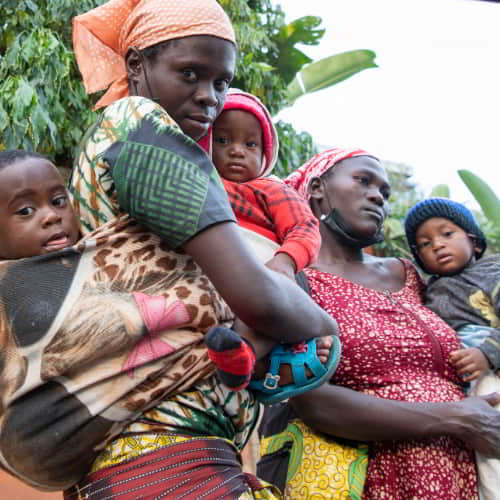
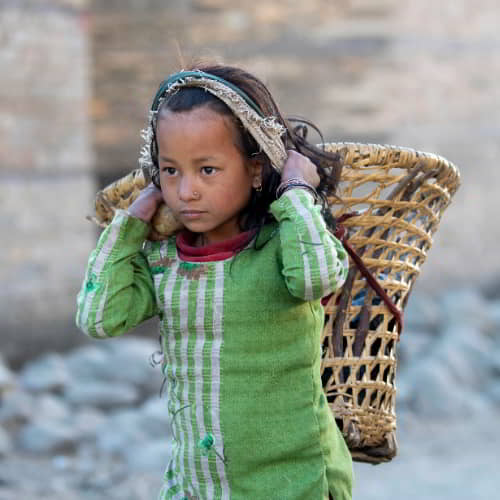
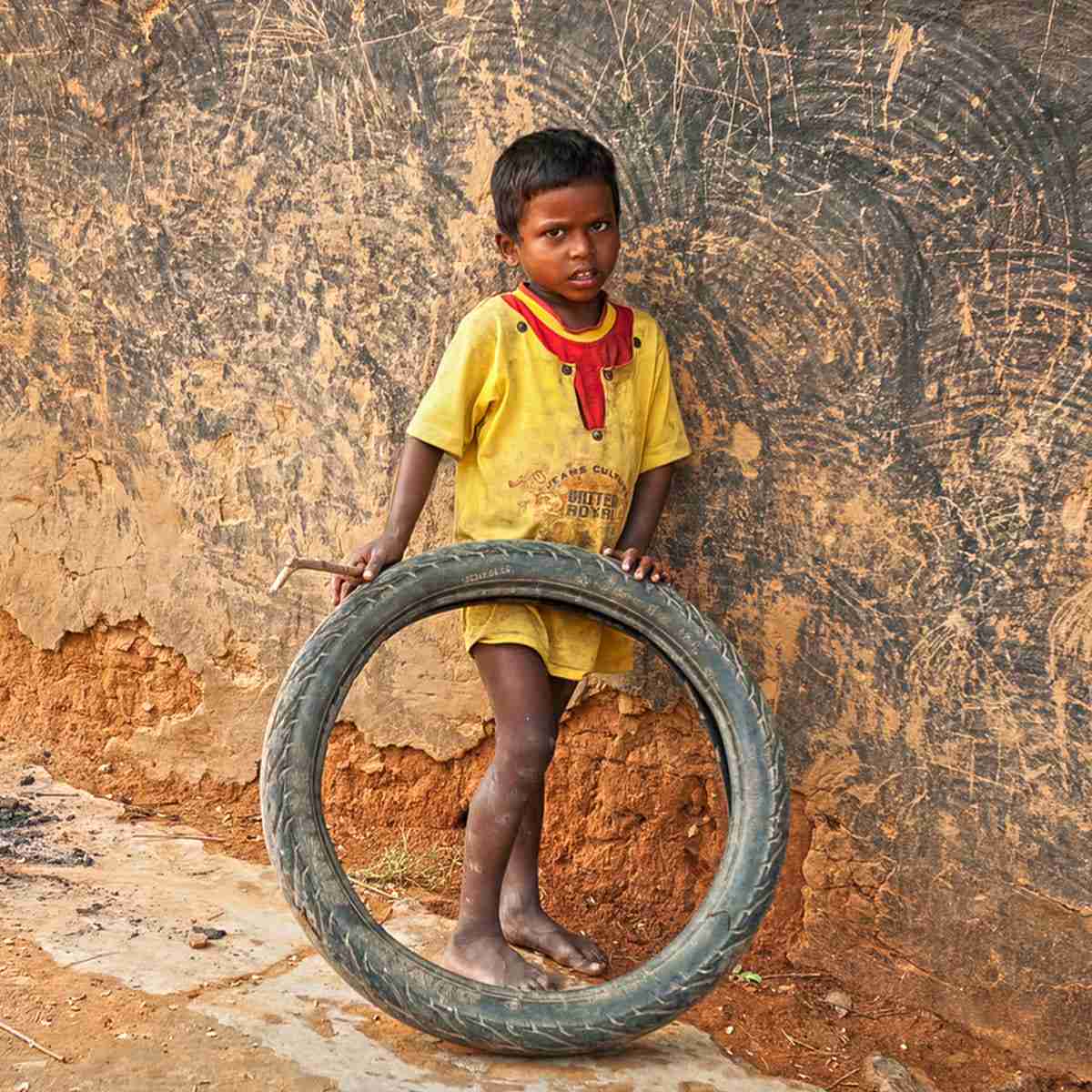

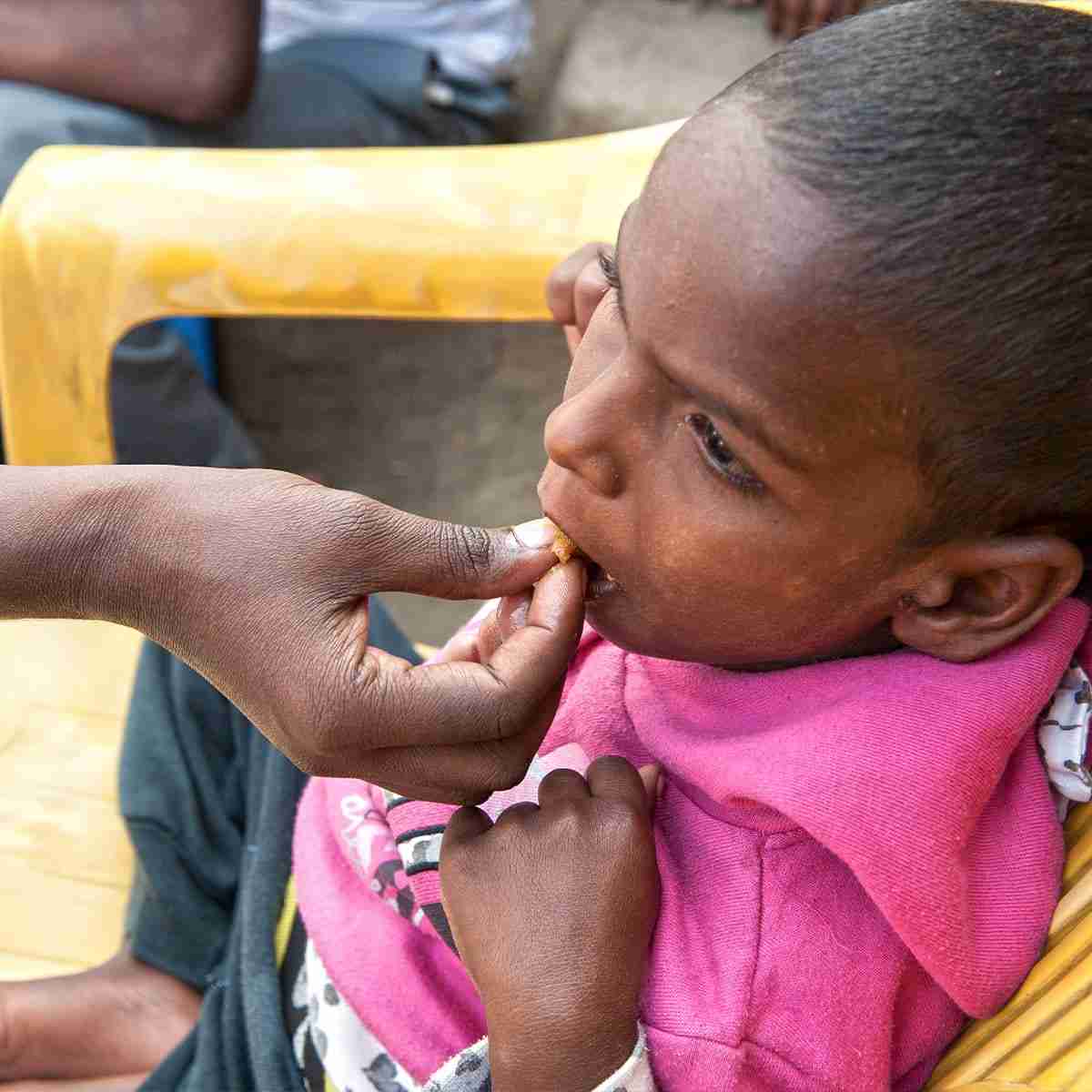
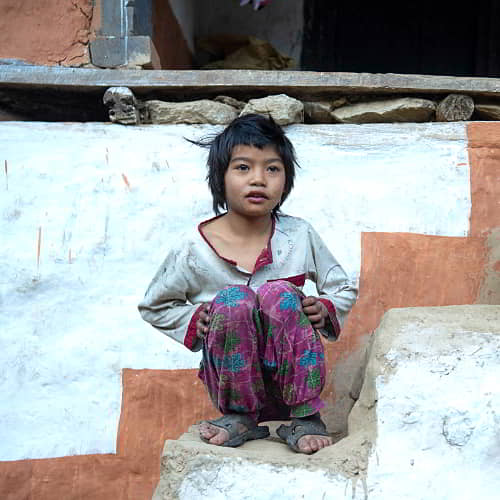
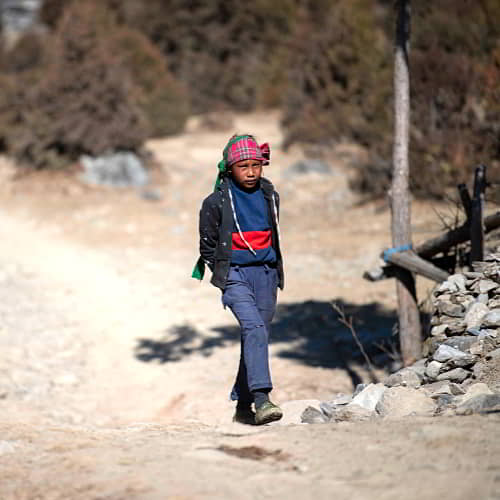
Comments
Post a Comment